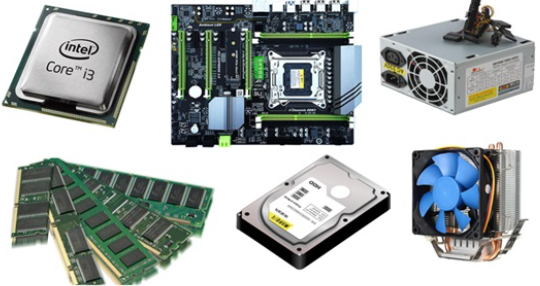
This course provides a comprehensive introduction to the essential components and functions of computer systems. Designed for students pursuing a computer science degree, the course explores the building blocks of hardware, including the functional units of a computer system, critical hardware components, and the computer bus. Students will gain an understanding of how hardware systems are upgraded and maintained, including safe practices for assembly and disassembly, operating system installation, and troubleshooting.
The course covers key topics such as computer hardware architecture, electrical safety, electrostatic discharge (ESD) precautions, and essential system maintenance techniques. Students will also learn how to properly handle and configure hardware components, such as processors, memory, storage devices, and peripheral devices. By examining both the hardware and software aspects of computer systems, this course provides a well-rounded foundation in computer engineering and system management.
This course serves as a prerequisite for advanced courses in systems programming, computer architecture, and IT infrastructure management. It also complements other introductory computer science courses, offering hands-on experience with hardware that is vital for understanding the operational side of computing.
Targeted at students interested in hardware-oriented fields, this course is perfect for those seeking careers in system administration, network support, and hardware development. By mastering these fundamental skills, students will be prepared for roles that require hands-on technical expertise and a deep understanding of how computer systems function at the core level.
- Lecturer: Bostley Asenahabi
- Lecturer: Kelvin Juma
